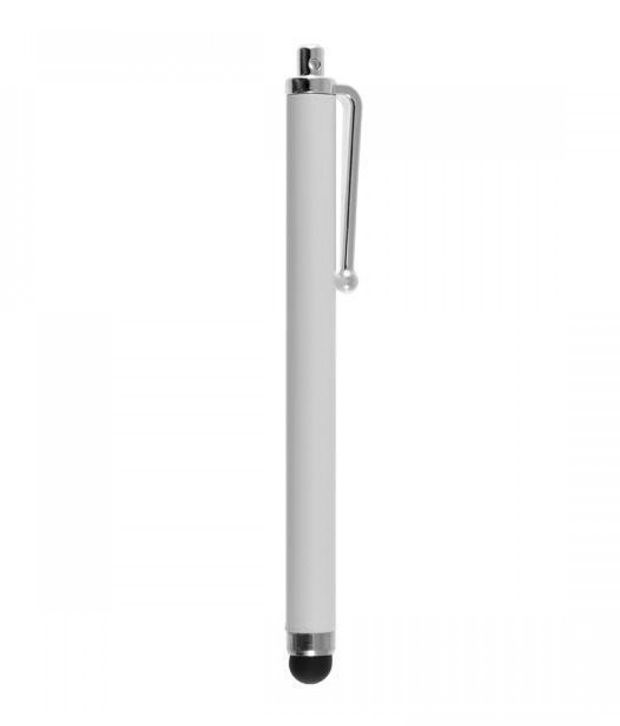

CD36, a multifunctional surface receptor associated with transport of oxidized low-density lipoproteins and fatty acids, is also expressed by AMSCs but this marker is considerable more variable. Cell surface markers to identify MSCs, such as CD44, CD90, and CD105, are relatively invariable among AMSCs and do not reflect the heterogeneity of AMSC populations. Preparation and characterization of AMSCs show donor-to-donor variability that indicating that AMSCs are heterogeneous populations of cells.

© 2014 Wiley Periodicals, Inc.Īdipose-derived mesenchymal stromal cells (AMSCs) represent attractive cellular therapeutics for treatment of various diseases including osteoarthritis and bone degeneration. Furthermore, AMSCs grown in platelet lysate may provide a useful biological model for screening of new HDAC inhibitors that control the biological fate of human mesenchymal stromal cells. We propose that SAHA destabilizes the multi-potent epigenetic state of uncommitted human AMSCs by hyper-acetylation and perturbation of key transcription factor pathways. Mechanistically, SAHA-induced loss of differentiation potential of uncommitted AMSCs correlates with multiple changes in the expression of principal transcription factors that control mesenchymal or pluripotent states. Biologically, SAHA interferes with osteogenic, chondrogenic and adipogenic lineage commitment of multipotent AMSCs. SAHA induces hyper-acetylation of histone H3 and H4, stimulates protein expression of the HDAC-responsive gene SLC9A3R1/NHERF1 and modulates the AKT/FOXO1 pathway. High-throughput RNA sequencing and RT-qPCR established that human histone deacetylases (HDAC1 to HDAC11, and SIRT1 to SIRT7) are differentially expressed in AMSCs.

The multipotency of AMSCs was validated by their ability to differentiate into osteogenic, chondrogenic, and adipogenic lineages. Here, we investigated whether manipulation of epigenetic events by the clinically relevant histone deacetylase inhibitor suberoylanilide hydroxamic acid (SAHA) alters differentiation of AMSCs. Human adipose-derived mesenchymal stromal cells (AMSCs) grown in platelet lysate are promising agents for therapeutic tissue regeneration.


 0 kommentar(er)
0 kommentar(er)
